The psychologist trying to get more help for Hong Kong's suicidal, depressed youth
It’s unacceptable for students to get noticed only after a suicide attempt, thinks Dr Jamie Chiu, which is why she created assessment tools to spot mental health issues early. She is one of CNA’s Champions for Change.

The support Dr Jamie Chiu gives to at-risk youth makes her one of Channel NewsAsia’s Champions for Change.
HONG KONG: Exhausted from the demands of school, escalating family conflicts and persistent insomnia, the 17-year-old boy was at a loss for what to do and on the verge of a breakdown.
His mental health deteriorated, and he reached out to his teacher to share his problems. What happened next was not what the student was expecting, recounts Dr Jamie Chiu, a clinical psychologist in Hong Kong.
“The teacher just looked at him, patted him on the shoulder and was like, ‘Ka yao ah ('keep going' in Cantonese). Work harder, and you’ll be fine. Just study more,’” narrates Dr Chiu.
“That really sums up how people think of mental health issues in Hong Kong.”
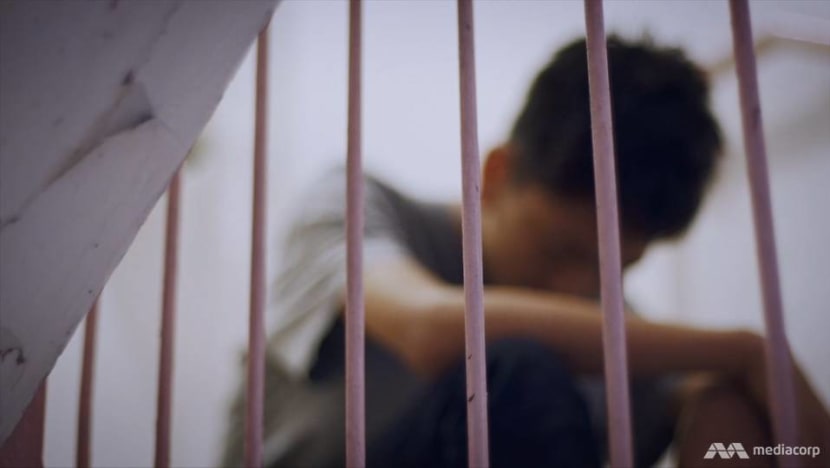
The student is one of the many teens the 32-year-old has spoken with who have felt their calls for help being ignored.
And their struggles with poor mental health and suicidal thoughts were what convinced her to develop tools that would make mental health more measurable, so that teens can get the right support.
The support she gives to at-risk youth makes her one of Channel NewsAsia’s Champions for Change, a series marking the channel’s 20th anniversary this year by celebrating 20 individuals whose imagination, talents and efforts have uplifted communities across Asia.
They include a once-successful businessman who gave up his career to start the first non-profit organisation providing financial education for children in China and an Indian social entrepreneur who collects excess food and redistributes it to starving people.
CHILDHOOD PAINS
In Hong Kong, a surge of student suicides in 2016 prompted the Education Bureau to set up the Committee on Prevention of Student Suicides to address the situation.
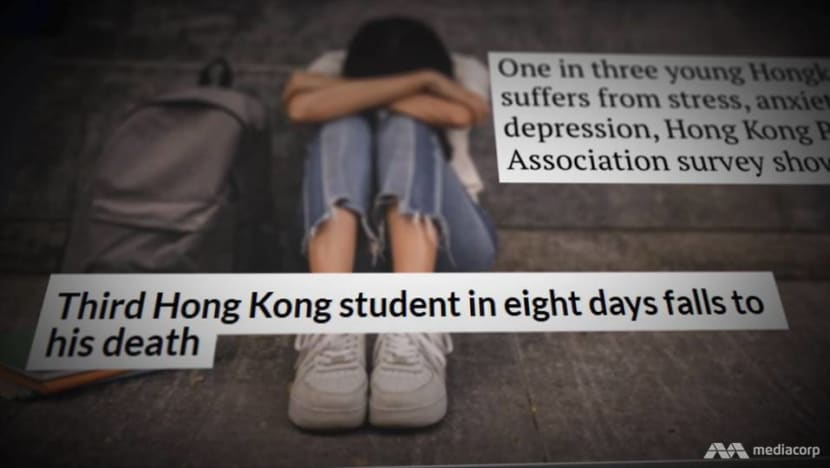
The committee found multiple contributory factors in students’ suicidal behaviours, including mental health issues, psychological concerns as well as school adjustment and academic stress.
And the mental health issues are on the rise, according to Dr Chiu, who says: “We lose a young person to suicide every 9.3 days. And the even scarier thing is that for every one death, we have about 50 attempts.”
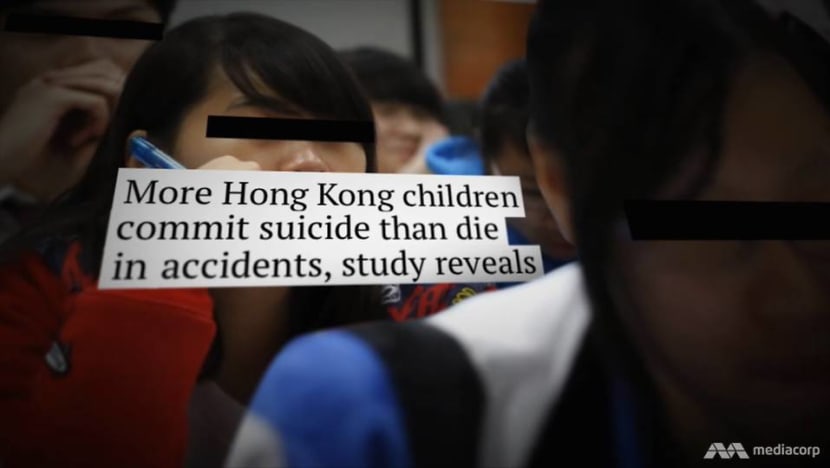
She herself struggled with suicidal thoughts during her childhood. Born in Hong Kong, she was a young girl when her family relocated to Ghana for a work opportunity.
Growing up, she felt a loss of identity, as she could not really speak Chinese nor identify with Ghanaian culture. “It was a very odd feeling for me to try to fit in,” she remembers.
“I was always a very tense kid, and I was just so afraid of anything that would make me stand out from the rest of the class.”
When her parents’ marriage fell apart, she and her brother moved to Australia with their mother, leading to more feelings of isolation and identity loss.
It was not until she was 16 that she realised she might be suffering from anxiety and depression – after a class discussion about different kinds of mental illnesses.
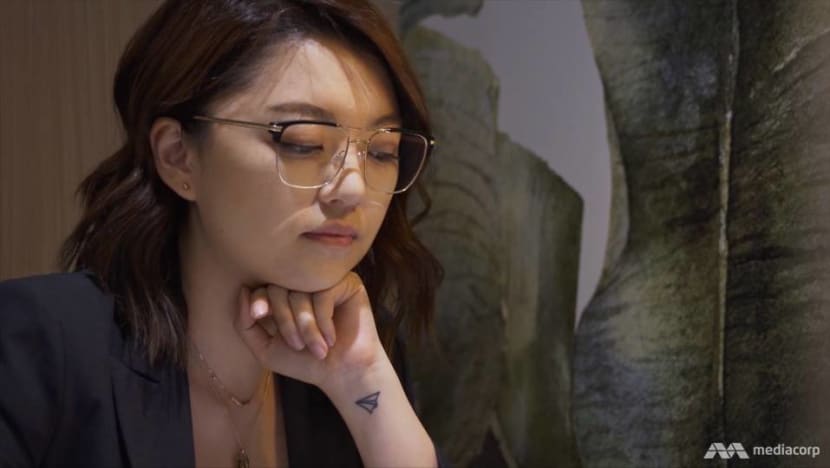
“Previously I was always stuck in this mindset that ‘I suck’ and ‘I’m such a loser’ because I always felt I deserved to be sad and lonely,” she says.
Once I was able to accept that it’s okay to have a mental health issue, then I was able to do things to try to improve and make myself feel better.
She ended up studying psychology and, as a clinical psychologist today, committing to helping at-risk youth – developing early intervention and assessment tools to spot mental health issues before it is too late.
“Half of all mental health disorders start before the age of 14. However, most people don’t seek help until 10 years later,” she points out.
No one should have to struggle that long before getting help, and people need to get connected to the right support sooner, she believes.
What drives her, says fiance Mark Altosaar, is her “appreciation of how difficult it is to struggle”. He adds: “For her, (it’s) unacceptable that a student has to try to commit suicide before getting noticed.”
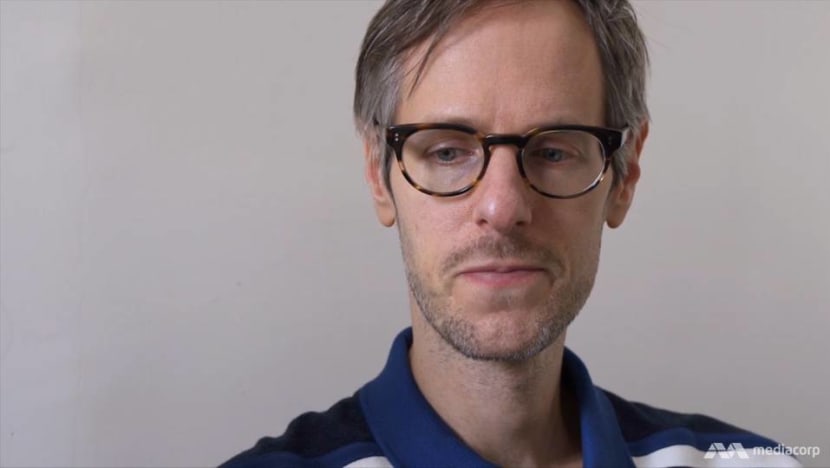
GAME TO TEST FOR DEPRESSION
She first started employing clinical screening surveys during her doctorate studies to measure mental health among students, but soon realised such tools did not gather the data that mattered and the questions were insensitive.
One girl remarked that it was as if the questions were “mocking” her. For example, “do you feel like you want to die? Yes, no, sometimes, often”.
“She was like, ‘Who creates check marks for this? This is me that we’re talking about – I’m not just a group of symptoms,’” recalls Dr Chiu.
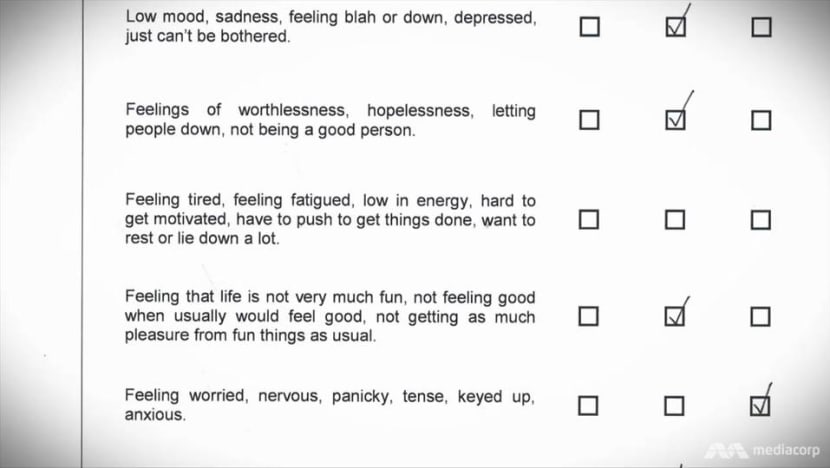
After that rude awakening, she and Mr Altosaar brainstormed for more effective assessment tools.
Together they designed a video game called Eat It All Lemmy, in which the goal is to feed a character food in different forms and see how much it can eat before the food runs out.
The character’s tastes changes, and the player must figure out what it wants to eat. This game is a measurement tool for cognitive flexibility, aimed at getting a deeper understanding of the player’s executive function.
“We find that people who are depressed tend to stick with the same rule much longer – even though they're being told it’s wrong – because they're less able to think from other perspectives,” Dr Chiu explains.
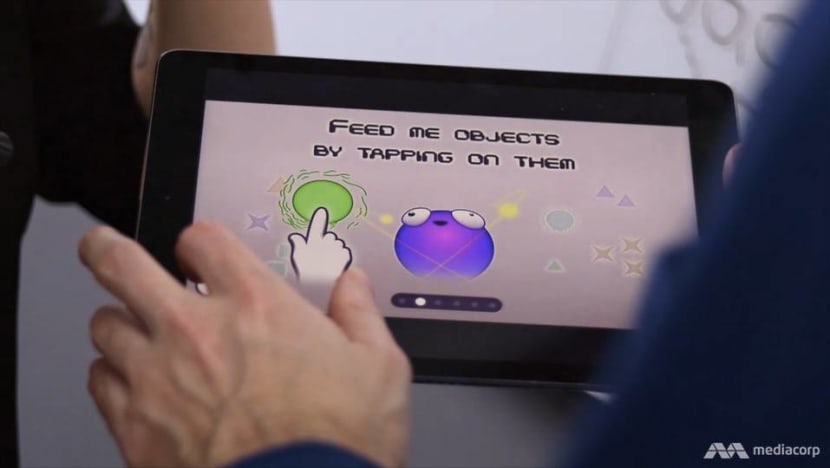
The game, says Mr Altosaar, can detect whether a person is displaying cognitive patterns consistent with early signs of depression, and this could lead to early intervention.
Some hospitals and doctors started using the game as an assessment tool, and it even attracted interest from a hospital in Canada.
Many people, before they take their lives, have visited a doctor, but the signs of risk are missed, observes Mr Altosaar.
That's why I'm very excited to start putting our game into these kinds of settings, so that we can start catching people before they … end their lives.
Some schools were not keen on the game, concerned that students would have too much fun playing the game. But Dr Chiu was adamant about reaching out to these students and getting everyone talking openly about mental health issues.
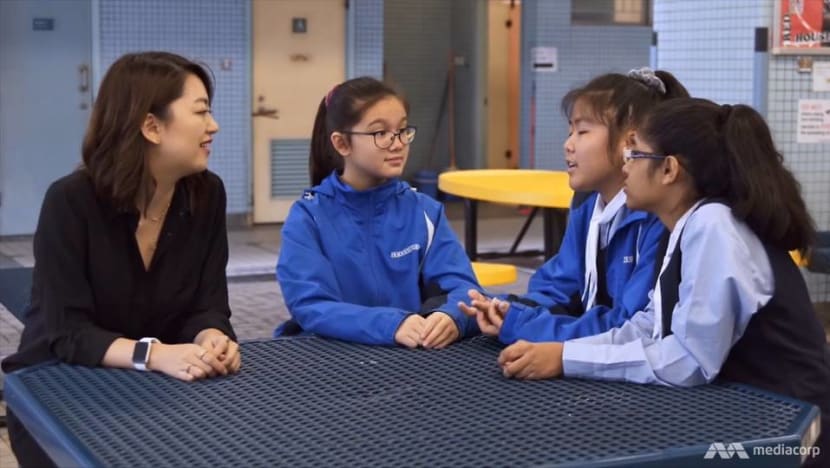
“When you're a teenager, if your parents aren’t accessible to you, then you have no options except your school,” she says.
“If we don't empower the schools to be able to proactively support the students, then they can't get that support anywhere else.”
THEY’D RATHER TALK TO A BOT
The next tool designed by the couple, both co-founders of the Good Brain Labs and The Brightly Project, was a mental health screening programme called Know My Students.
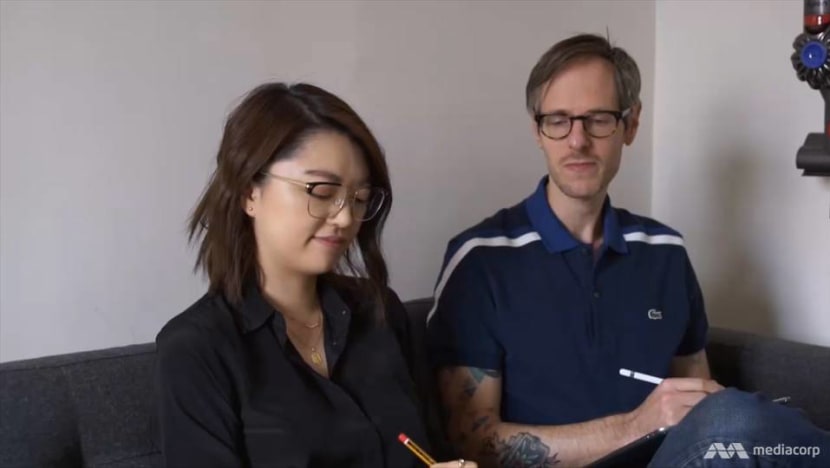
It includes a chatbot that is able to engage with the students, creating an environment where they would feel safe to share and open up about their feelings.
If there are indications that a child is struggling, the school would be notified, to support that student. Data collected from the programme would also be useful for the school, especially if it wants to develop a mental health strategy.
For example, one school had a problem with girls engaging in self-harm, and from the data collected, Dr Chiu was able to find out the causes.
“There was a lot of bullying and isolation going on. And so the school decided to implement a friendship programme for that specific year to target that key issue,” she cites.
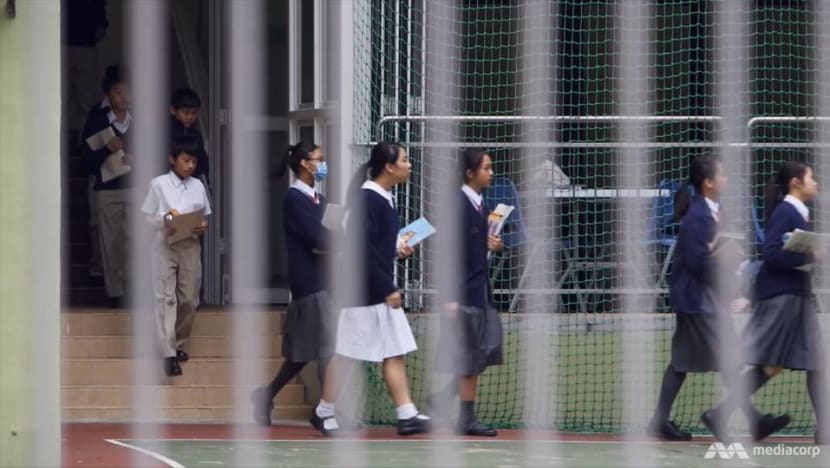
But there are times she is saddened that these students are sharing much more on the tool than with their family, friends or teachers. “It’s really the human connection that can help them,” she says.
Many of these students would say that they don't have a friend and that they’re very lonely. I think that's a key aspect that we’re trying to tackle. But right now, we don't have a solution to that.
The stigma of mental illness is also still an issue.
“There was one time when I was working with the teachers on how to … talk to the kids if they’re struggling, and one of the teachers was saying, ‘It’s only happening because these kids aren’t tough enough,’” she cites.
“At that moment, it took all of my efforts just to stay calm and controlled.”
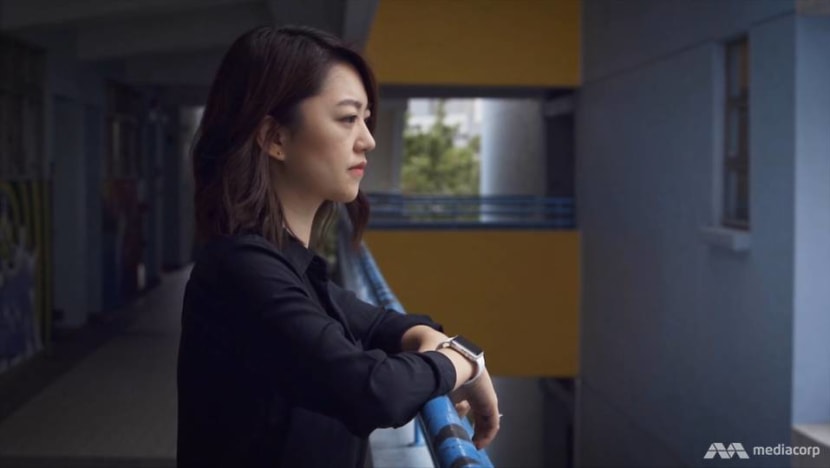
Seven schools in Hong Kong are now using Know My Students, which has also gained the interest of schools overseas.
But Dr Chiu is not satisfied with what she has achieved. She is now thinking about wearable technology to track attributes linked to mental illness, from heart rate to diet.
“I want to make sure that a young person's first contact with mental health support isn’t after they've tried to kill themselves,” she says.
“It comes from first making mental health more measurable and also by us reaching out to the kids who are struggling, rather than having them to come forward to ask for help … That's how we can make a difference.”
Watch this episode here, and also read about the 26-year-old who’s giving hope to India’s acid attack victims. Catch the series Champions for Change on Wednesdays at 9pm, and view the details of the other profiles here.
Where to get help (Hong Kong):
The Samaritans: +852 2896 0000
Suicide Prevention Services: +852 2382 0000
Social Welfare Department Hotline: +852 2343 2255
Where to get help (Singapore):
Institute of Mental Health’s Helpline: +65 6389 2222
Samaritans of Singapore Hotline: 1800 221 4444
Singapore Association of Mental Health Helpline: 1800 283 7019














